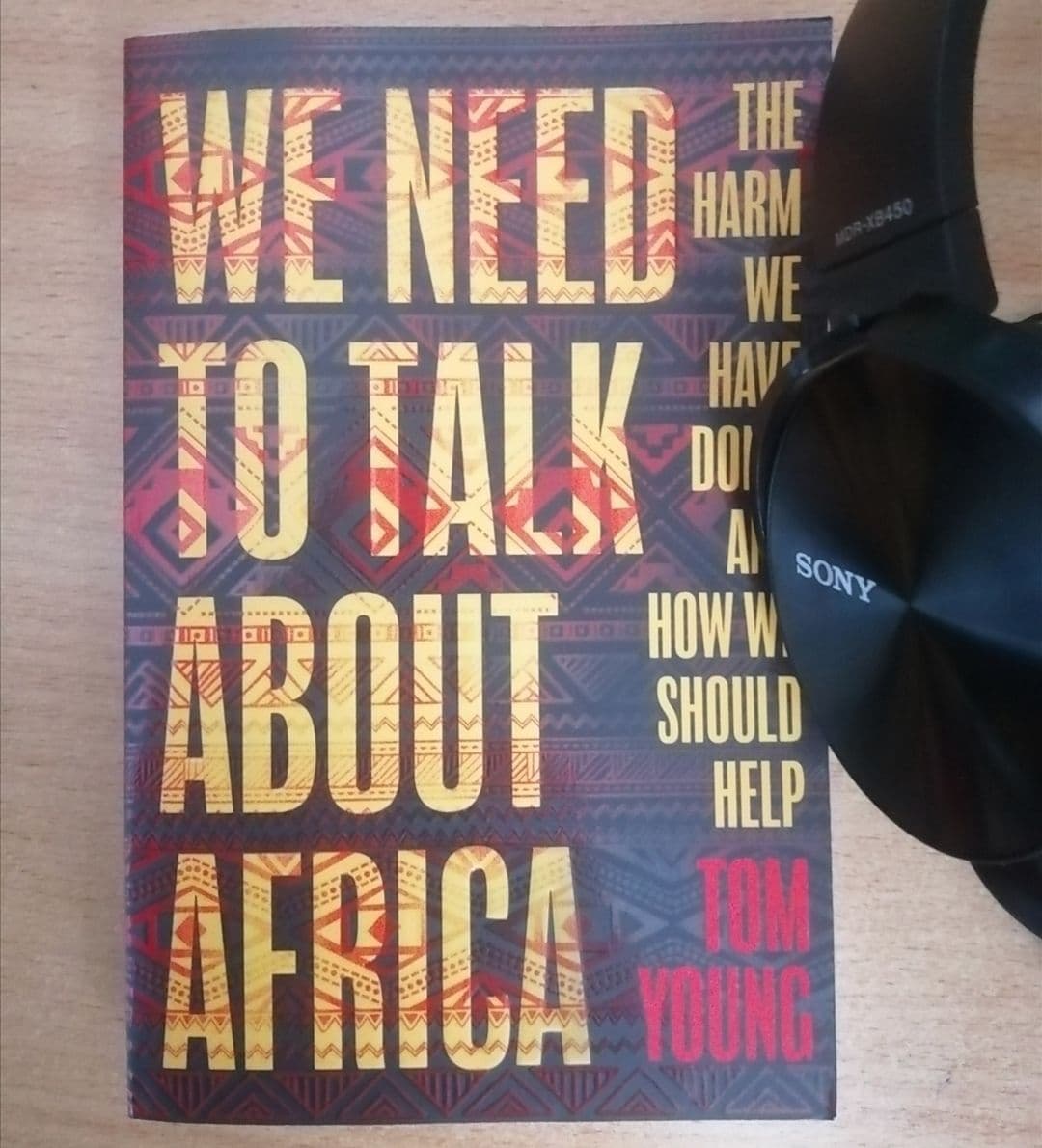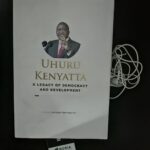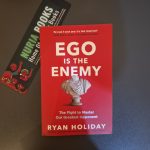This 2018 book is what anyone who has studied why Africa is poor, so much through the lenses of John Perkin’s Confessions of an economic hitman, must get their hands on.
The 226-paged book written by Tom Young, a lecturer in politics at the Oriental and African studies, at the University of London, opens up with how the western vandals IMF and World bank did in Mozambique.
In We Need To Talk About Africa, Professor Young calls upon each one of us to really think about what was, has and is being said about us. An easy explanation, he actually delves into how perceptions about ourselves and the stories repeatedly told to us about our past shape the exploitation and defeatist mentality that we carry even now, as Africans.
He calls it Guilt tripping, the stories about slavery, colonialism, and race. Where he argues that these three topics have been used to control Africans for the worst.
In using the three topics, the west, USA, UK or white people have cashed from it by making Africans look upon themselves as defeated and that only the experts, who are mostly whites can salvage the situation.
This is the same mentality that drives aid dependency. And on Aid, how has it really helped over the past 40 years or so? Hasn’t poverty increased?
In the opening story, Prof Young tells of how Mozambique was doing well, but in the late 1990s the country was forced by IMF and World Bank to privatize its state-owned banks in a process that turned out to be very corrupt and ended taking the lives of a Mozambican Investigative Journalist (jicho pevu) and head of the supervision unit of that country’s central bank.
It was a hostile takeover by the Bretton Woods institutions that went ahead to promise a debt-reduction strategy; followed by high volumes of foreign aid. Then it was hailed in glossy magazines and TV screens as a success story.
What isn’t said, however, is the increasing poverty level in that country since then.
If an African country is doing good and doesn’t get influenced by the IMF or World Bank, a scheme is hatched in soft terms, such as in the case of Mozambique or in harsh terms such as in the case of Libya (everyone knows what happened there).
The repetition of the overarching stories about race, slavery and colonialism, which often has an agenda of leaving out some elements which are not comfortable with the white Supremacy beliefs, gloss over others in their narratives, is what makes most African leaders approach the world defeated.
“…a constant pressure to emulate the giver (donor) to take the advice, to follow the guide, erodes self-belief”, Young says.
In the miasma of seal-loathe, African leaders don’t even ask why have these donors, if they are experts, not succeeded in making Africa the same level as their own countries. Because then, what’s the point?
So, through the lies by IMF and World Bank, the African sheeple is easily lied to about a ‘new project, agree on new treaties, issue another statement, have another round of negotiations’, which seems like work towards good but often is the west exercising control towards doom.
It is the same western prescriptions that we have seen intervene in conflicts only to make them worse; announcing Africa rising in one year, the next year it is not.
Prof Young refers to this as ‘the African project’, an endeavor by the west to export their half-thought policies to Africa. Policies devoid of humanity, policies that doesn’t put into account the diverse cultures. Policies that for example, and I use a recent example, ‘wants Kenya to legalise same-sex relationships so as to receive aid’, failure to which words such as human rights violations come up very quickly and in severe circumstances bombs comes off drones to kills innocent people for ‘not accepting our way’.
The policies that think that Africa is just one country, where culture and way of life is the same.
Prof Young proposes that the west abandons its superiority complex; the idea that the only way is the West’s way.
He further notes that western countries treat each other with respect, this is what they should do to African countries. For example, don’t force west’s way of life in Africa; don’t fund activists and political parties.
Ultimately Africans, left to their own, must also rise up and find common grounds in inter-country trade and such.
Imagine if the west doesn’t interfere at all in the politics of Africa, imagine if these un-african countries don’t sell arms to African nations.
“Ideas are important in politics, and the concern is on the activities that those such as IMF and WB have undertaken in Africa”.
Get this book from Nuria Store and read more




